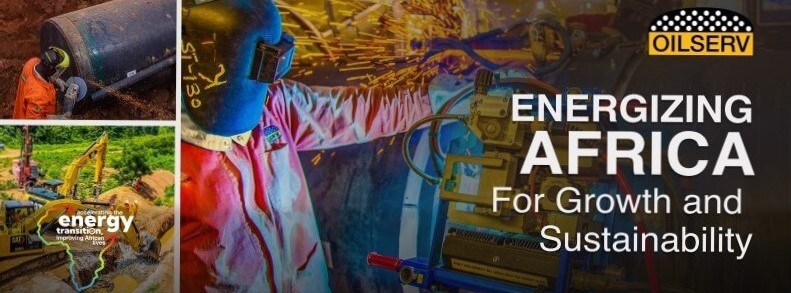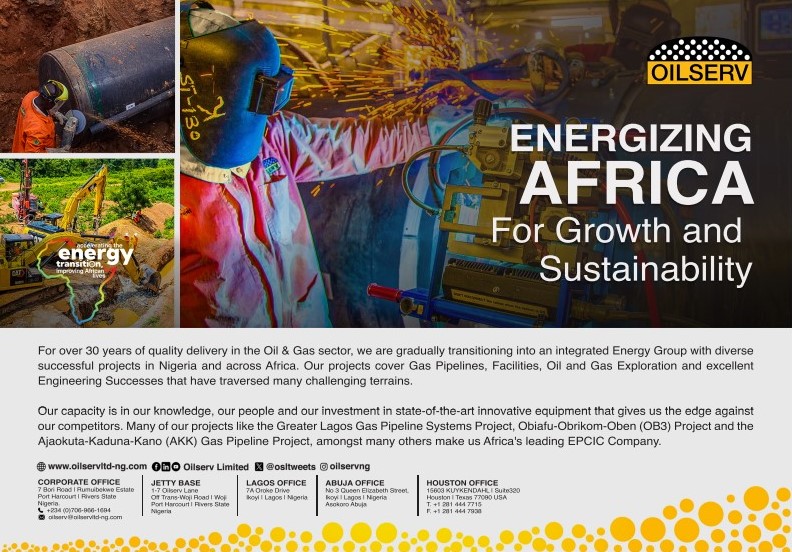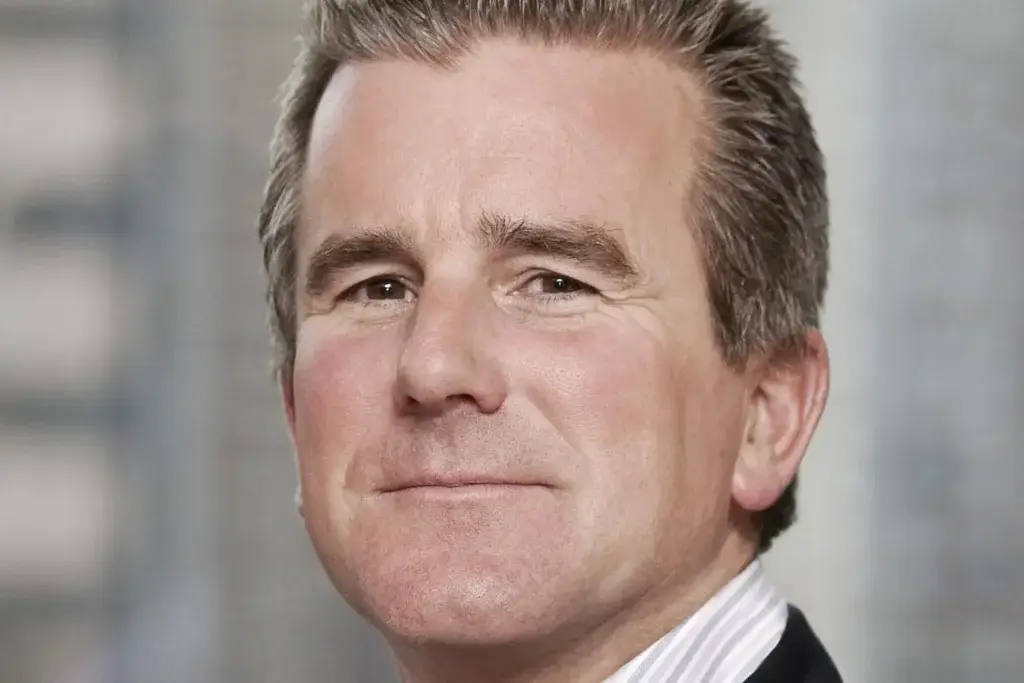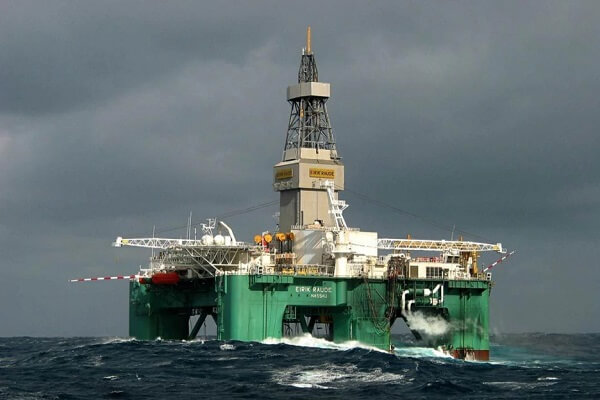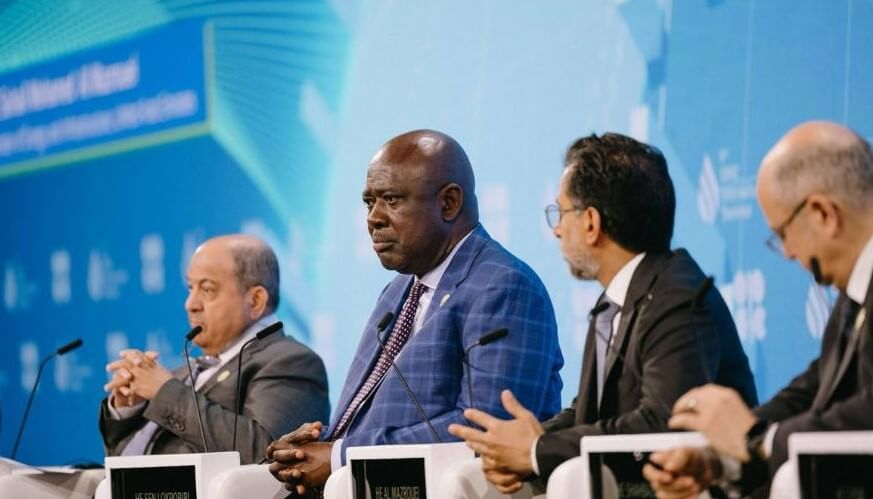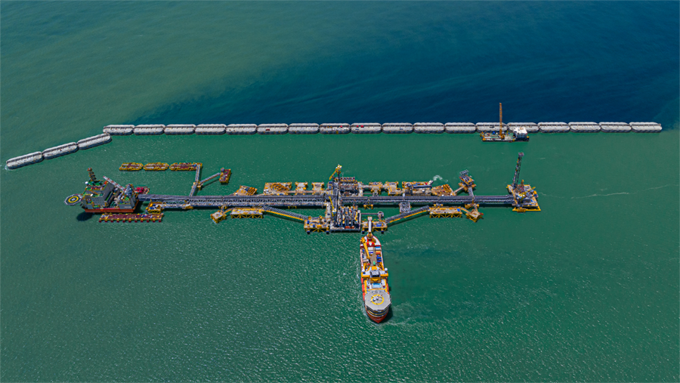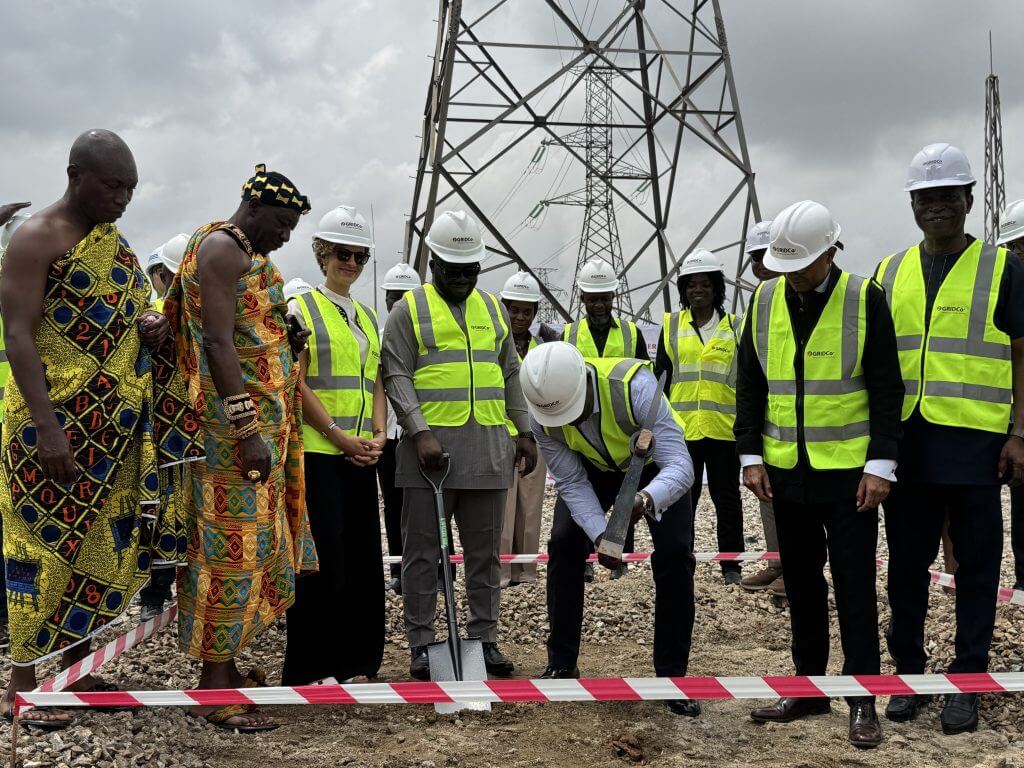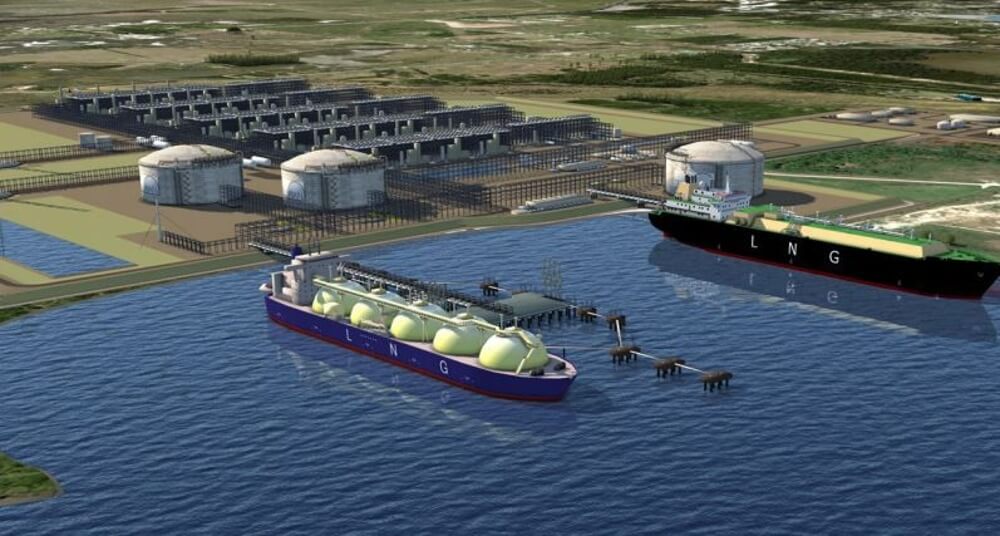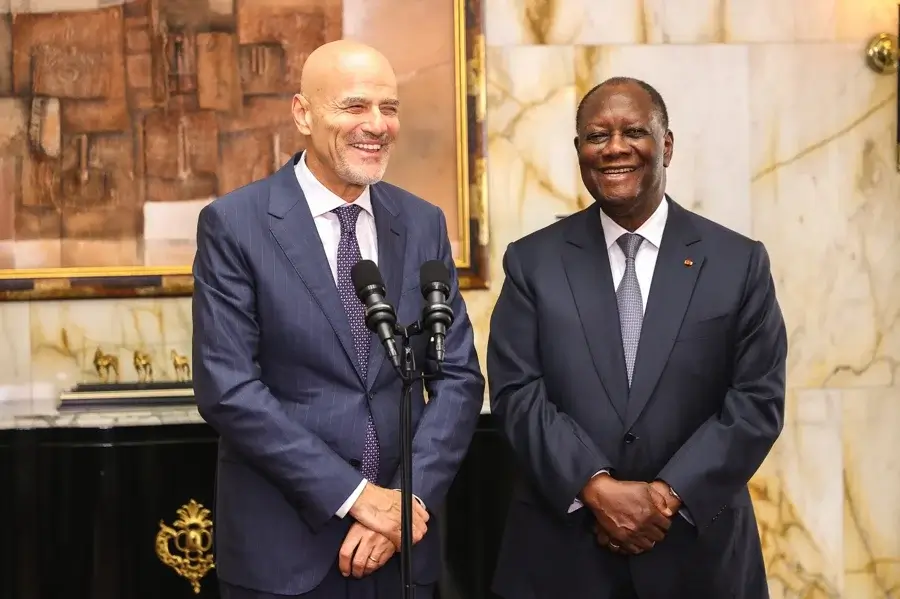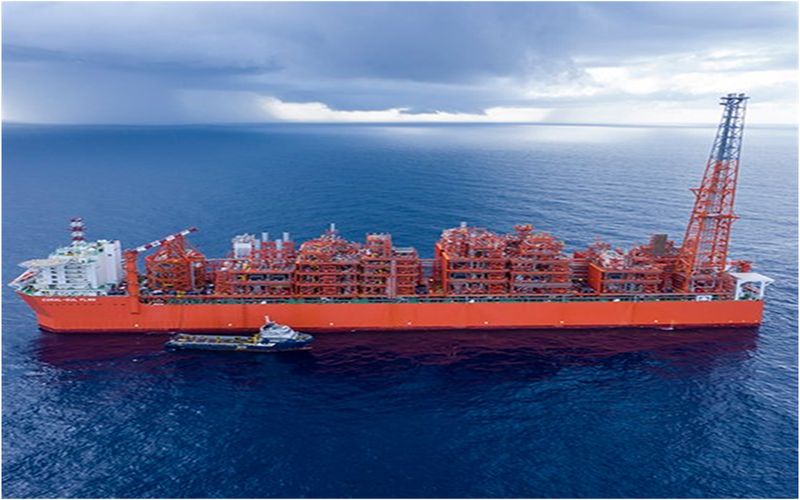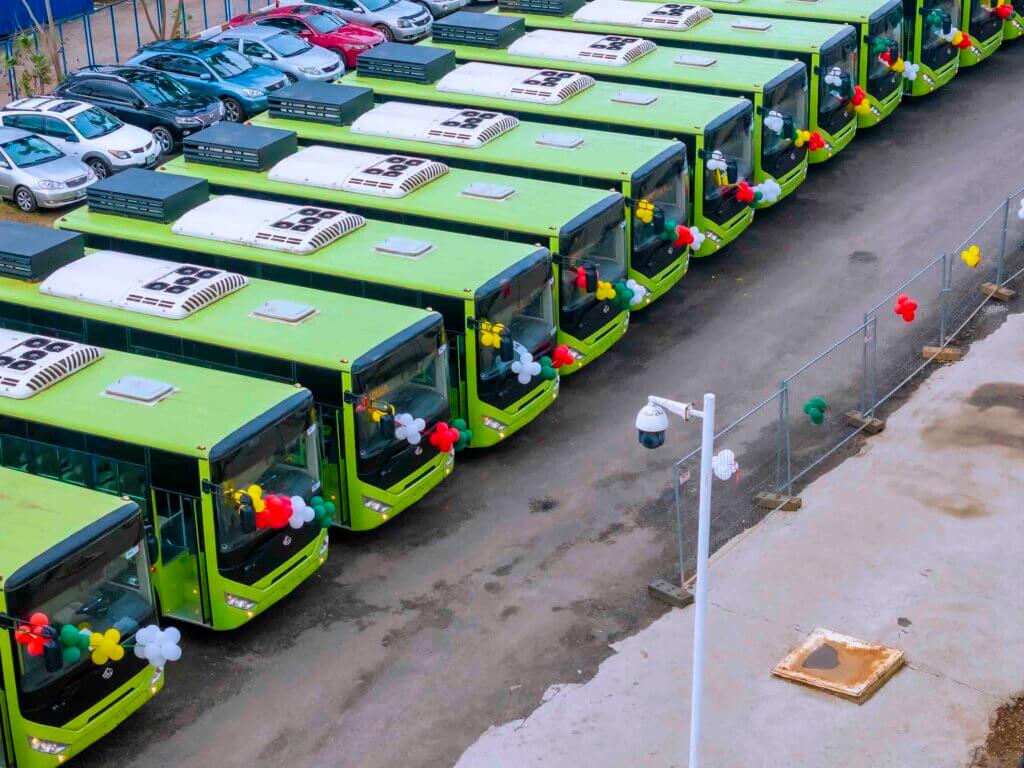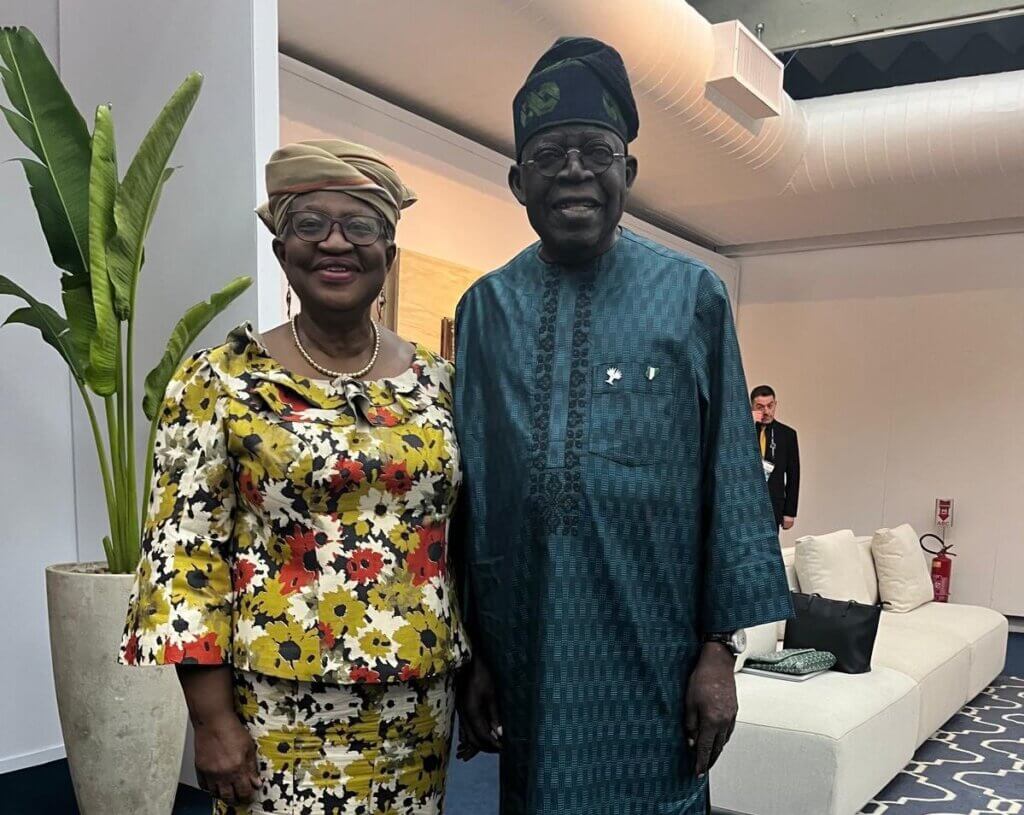
The Africa, Caribbean, Pacific —European Union (ACP-EU) Joint Parliamentary Assembly sitting in Maputo City, Mozambique on November 2ND voted to let Uganda proceed with implementing the East African Crude Oil Pipeline Project (EACOP).
The ACP-EU resolution now waters down an earlier stance by the European Parliament that had expressed “grave concern” around alleged human rights violations in Uganda and Tanzania, linked to the Lake Albert project.
The project comprises upstream investments-Tilenga, Kingfisher and the East African Crude Oil Pipeline (EACOP) running to the Tanzanian port of Tanga.
The ACP-EU Assembly, which brings together an equal number of elected MPs from the African, Caribbean and Pacific (ACP) states and Members of the European Parliament, made changes to “Operative Clause 5” of its Resolution on the Global Challenges of Climate Change Cooperation for Adaptation and Migration.
The Resolution was passed ahead of the 27th United Nations Climate Change Conference scheduled for November 18th in Egypt, and initially called for a ban on all new oil exploration projects.
It read in part, “…achieving the 1.5 ° C target, requires that no new oil gases fields be approved, nor any new coal mine or extensions to existing ones.”
However, Uganda’s Deputy Speaker, Thomas Tayebwa convinced member states to make changes in the resolution, to allow a global “just transition” to renewable energy.

The parliament in the new amendment as such “acknowledged the importance of fair phase out and gradual transition from fossil fuels to renewable energy, stressing that achieving the 1.5 ° C target requires the drastic scaling up of renewable energy and supporting a global just transition.”
Tayebwa said, while announcing the good news, that the Ugandan MPs “burnt the mid night candle” lobbying for the amendment.
The amendment, Tayebwa said, was tabled by Tanzanian Deputy Speaker Hon. Musa Azzan Zungu and Hon. Edmund Hinkson of Barbados.
Tayebwa described the vote as a “big win for EACOP”.
It comes nearly two months after the European Union Parliament passed a resolution on “violations of human rights in Uganda and Tanzania linked to investments in fossil fuels projects” in which they called for the suspension of the pipeline project in Uganda and Tanzania.
The EU decision was widely condemned by Uganda and Tanzania.
TotalEnergies, a shareholder in Tilenga and EACOP, dismissed the resolution, arguing that the world was “hungry” for energy. Moreover, most of the environmental concerns, it added, were addressed in the environmental social impact assessment activities and biodiversity action plan.
TotalEnergies’ partner on the project, CNOOC Uganda Limited, also defended the project.
“We are committed to delivering first oil to Uganda and there’s no turning back,” a CNOOC official stated.
Tayebwa disclosed that the Ugandan legislators held a fruitful engagement with EU colleagues on climate change and registered “our disappointment with their recent unilateral resolution on EACOP”.
Malte Lenz Gallée, a member of the European Parliament, who was also part of a four-member EU Parliamentarians’ team, which visited Uganda at the end of July 2022 on a fact-finding mission, accepted the outcome of the ACP-EU vote.
“The amendment by Barbados and Tanzania was carried and now we have a less resolution addressing the needs of the future generations. We lost it,” said Gallée, who fights for climate protection and for a sustainable industry.
In mid September, the soft-spoken Tayebwa sounded bitter against the EU, saying it amounts to “economic racism” for the West, which has contributed to high carbon emissions, to attempt blocking the development of the oil and gas sector in sovereign states-Uganda and Tanzania.
“The resolution is based on misinformation and deliberate misrepresentation of key facts on environment and human rights protection. It represents the highest level of neo-colonialism and imperialism against the sovereignty of Uganda and Tanzania,” Tayebwa argued then.
He said that like many African countries, Uganda is a developing nation with unique development needs, and priorities, hence asking for the withdrawal of the motion because it was against the UN Charter that gives independent nations a right to self-determination and sovereignty over their natural resources.
The responses by Tayebwa and Attorney General, Kiryowa Kiwanuka, excited President Yoweri Museveni, who praised them for a job well done in defending the country’s economic interests.
“The remarks of the Deputy Speaker and the Attorney General in one of the dailies concerning the EU Parliament and EACOP interested me in making some comments of reassurance to our people,” said the President.
He added that; “Either way, we shall have our oil coming out by 2025 as planned. So, the people of Uganda should not worry”.
The President, a renowned pillar for Pan-Africanism, who has always attacked the western world’s neocolonialism ideas said in a widely viewed Tweet that if French oil multinational, TotalEnergies succumbed to EU Parliament pressure, Uganda and Tanzania would find another financier for the pipeline project.
“We should remember that Total Energies convinced me about the Pipeline idea; if they choose to listen to the EU Parliament, we shall find someone else to work with,” the President said.
The EACOP measuring 1,443 kilometers will transport crude oil from Kabaale in Hoima District in Uganda to the Chongoleani Peninsula near Tanga port in Tanzania from where it will proceed to the international market.

